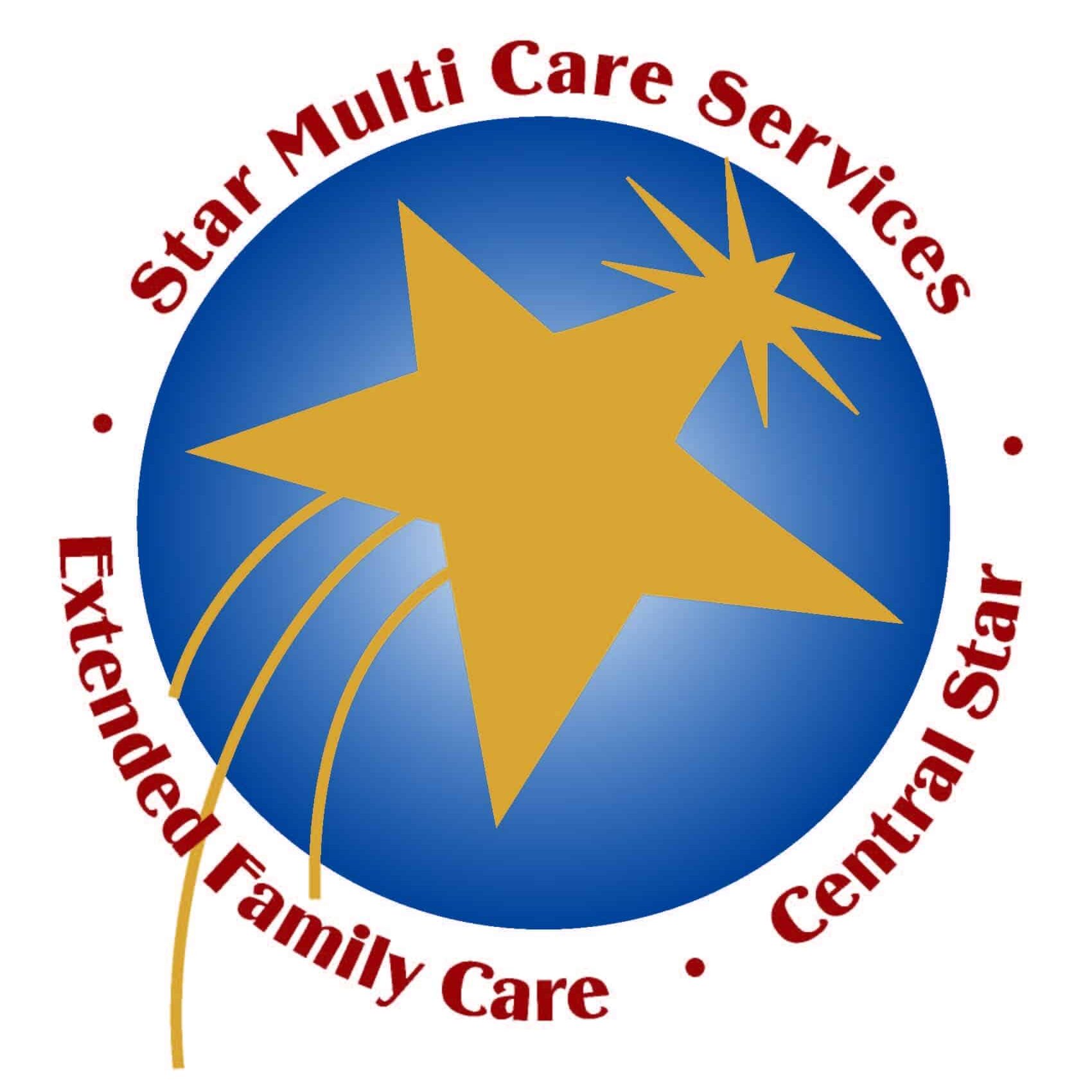Each year, a non-profit organization called the Environmental Working Group (EWG) releases a list of produce that has the highest pesticide levels. The group takes samples of fruits and vegetables to see which ones contain at least some amount of pesticides. You might be surprised to learn what’s on the list.
The Dirty Dozen List
Samples taken by the EWG revealed that strawberries had the most pesticides on them. 98 percent of strawberry samples had at least some pesticide residue. Shockingly, one sample of strawberries had 20 different kinds of pesticides. The fruits and vegetables that appear on this year’s list are the same as those on last year’s, though some have changed places.
Home Care Services Great Neck NY – What’s On the “Dirty Dozen” Produce List?The complete list is as follows:
- Strawberries
- Spinach
- Nectarines
- Apples
- Grapes
- Peaches
- Cherries
- Pears
- Tomatoes
- Celery
- Potatoes
- Sweet Bell Peppers
The rankings are based on information gathered through tests conducted by the FDA and the U.S. Department of Agriculture’s Pesticide Testing Program. The purpose of the list is not to discourage people from eating product, but to make consumers aware of what they are buying.
Tips for Safely Handling Produce
There’s no reason to stop eating the fruits and vegetables on the Dirty Dozen list, but home care services aides should help seniors to clean them more thoroughly before eating them. The FDA also says that care should be taken when purchasing produce.
Here are some tips for safely buying and preparing fresh produce:
- Look for produce that appears fresh, with less damage and bruising.
- If you’re buying produce that is pre-packaged, pick only the items that are refrigerated or surrounded by ice.
- Don’t place fresh produce in the same grocery bag as raw meat, poultry, or seafood.
- Wash hands thoroughly before and after working with fresh produce.
- Cut off any parts that are bruised or damaged.
- Place the produce under running water and rub it gently. Make sure all dirt is removed. Do not use soap.
- Wash produce before peeling it so that bacteria from the skin does not get on the part that will be eaten.
- Pat produce dry with a clean paper towel.
Preparing fresh produce can be difficult for some older adults. Family caregivers and professional home care services providers may need to assist with some of the steps involved. If the older adult wants to wash the vegetables, caregivers can allow them to do so, but should supervise to make certain the vegetables come out clean. This is especially true if the senior has low vision and cannot see the dirt.
Sources: https://www.webmd.com/diet/news/20180410/strawberries-number-1-again-on-the-dirty-dozen
https://www.fda.gov/Food/ResourcesForYou/Consumers/ucm114299.htm
https://www.fda.gov/ForConsumers/ConsumerUpdates/ucm256215.htm
If you or an aging loved one are in need of Home Care Services in Great Neck NY or the surrounding areas, contact the caring professionals at Star Multi Care Services today at (631)956-8835. We are the Right Choice for Home Health Care Services!
- Consistency is Key to Helping Your Senior Remain Independent - April 3, 2025
- Help Your Senior Welcome Back the Birds of Spring - March 26, 2025
- Honoring Our Team: Birthdays, Anniversaries, and New Additions! - March 25, 2025

